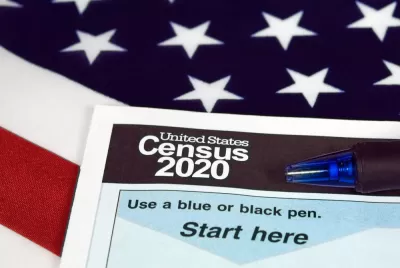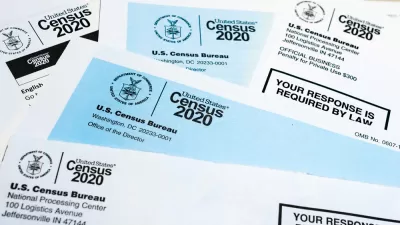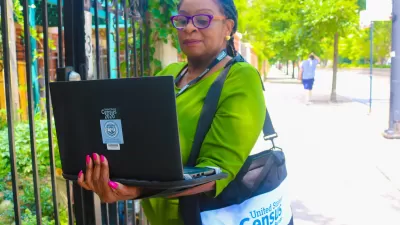The U.S. Census Bureau offers a variety of data and tools that can be used by policy-makers and the public to better understand underserved communities and advance equity.

Recognizing the need for data to improve planning and service delivery, the U.S. Census Bureau produces data that depict an accurate portrait of America, including its underserved communities. Some of the data equity services highlighted in this article include:
-
Demographic Data: The Census Bureau offers data by key demographic variables such as race, ethnicity, sex, disability, income, and veteran status to help measure equity. These data are often by geography, which provides meaning and context to the statistical data, and can identify rural and underserved communities. Users are encouraged to explore demographic data with data tools such as data.census.gov.
-
Data Tools: The Census Bureau has developed a variety of data tools that help the public and policy-makers understand the issues surrounding inequities and enable them to develop and propose effective, data-based solutions.
-
Public Assistance Program Metrics: Census Bureau data can provide metrics to show public assistance programs’ progress and outcomes.
-
Diversity Measurement: The Census Bureau uses several approaches to measure the racial and ethnic diversity of the U.S. population, including the Diversity Index, prevalence rankings, the diffusion score, and a series of prevalence maps.
-
Data Education: A major part of the Census Bureau's mission is to educate the public, policy makers, and stakeholders on what data they have available and how to use them. To empower data users with understandable, accurate, and timely information and the knowledge to use it, the Census Bureau invites users to:
- Explore the online Census Academy for upcoming webinars and on-demand data training.
- Browse the Data Equity Library with its online collection of equity-related data visualizations, infographics, photos, audio, video, working papers and more.
For more information, please read the source article.
FULL STORY: Advancing Equity with Data

Maui's Vacation Rental Debate Turns Ugly
Verbal attacks, misinformation campaigns and fistfights plague a high-stakes debate to convert thousands of vacation rentals into long-term housing.

Planetizen Federal Action Tracker
A weekly monitor of how Trump’s orders and actions are impacting planners and planning in America.

San Francisco Suspends Traffic Calming Amidst Record Deaths
Citing “a challenging fiscal landscape,” the city will cease the program on the heels of 42 traffic deaths, including 24 pedestrians.

Defunct Pittsburgh Power Plant to Become Residential Tower
A decommissioned steam heat plant will be redeveloped into almost 100 affordable housing units.

Trump Prompts Restructuring of Transportation Research Board in “Unprecedented Overreach”
The TRB has eliminated more than half of its committees including those focused on climate, equity, and cities.

Amtrak Rolls Out New Orleans to Alabama “Mardi Gras” Train
The new service will operate morning and evening departures between Mobile and New Orleans.
Urban Design for Planners 1: Software Tools
This six-course series explores essential urban design concepts using open source software and equips planners with the tools they need to participate fully in the urban design process.
Planning for Universal Design
Learn the tools for implementing Universal Design in planning regulations.
Heyer Gruel & Associates PA
JM Goldson LLC
Custer County Colorado
City of Camden Redevelopment Agency
City of Astoria
Transportation Research & Education Center (TREC) at Portland State University
Jefferson Parish Government
Camden Redevelopment Agency
City of Claremont





























